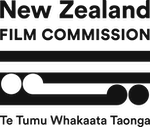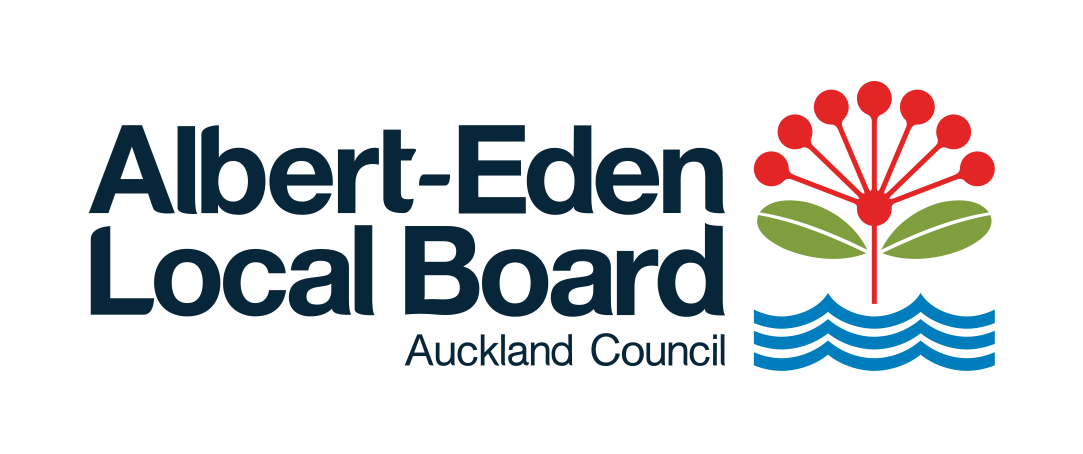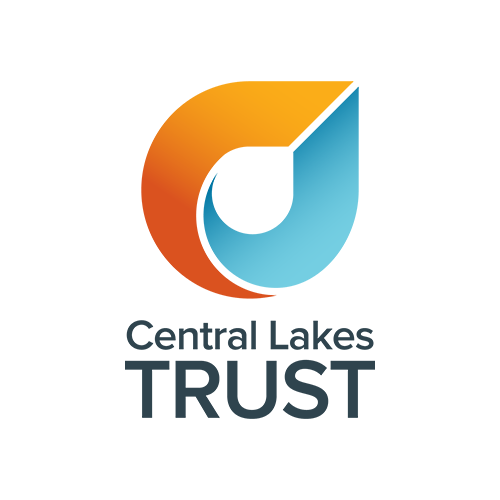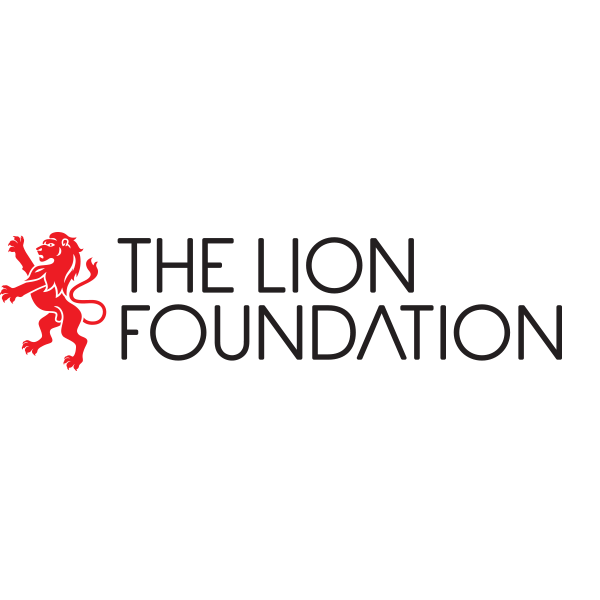We had 148 people join us online, from all across Aotearoa and the world. We’re proud to release this as a resource for those who couldn’t make the live talk.
Producers Halaifonua Finau (Red, White and Brass), Karin Williams (We Live by the River), and Angela Cudd (Uproar) delved into how to create great funding applications for film and television projects in Aotearoa.
In conversation with Script to Screen’s Executive Director Dale Corlett, these industry leaders gave their unique insights into what makes a strong application, including:
- Putting your team together
- Gathering key information
- Strategic partnerships
- Finding your authentic voice so that your ideas can leap off the page
From the big picture of your idea to the nitty gritty of the application requirements, you now have unlimited access to help take your applications to the next level.
The talk concluded with representatives from the New Zealand Film Commission, New Zealand On Air, and Te Māngai Pāho answering your questions and sharing their insights.
The webinar Q&A is available to read below.
NZOA, NZFC and Te Māngai Pāho Funding FAQ’s
Read funding FAQ’s – Mentioned in Video
Additional information:
NZFC
Email funding@nzfim.co.nz for specific funding info – it will get passed on to the right person to answer and help.
Note: This is for those who already have scripts or projects for development.
The guilds and legacy collectives – are a key touchstone for emerging writers and stories, so please reach out, their information is also on our website or via Script to Screen.
Q&A
Here are the answers to the questions asked during the online talk. These have been transcribed and edited for clarity. They are meant to accompany the webinar, as some responses refer to earlier content.
We have also provided a summary of key points answering each question.
Co-productions
Q: If there was already offshore interest either partial funding or a production team attached to a pitch. Would this deter New Zealand funding?
Te o Kahurangi: Depends on how much the investor or offshore producer was contributing.
Co-Productions are about 2 or more countries and partners agreeing to work on a project. There are treaties with key countries and Official Co-Productions that are about helping to make films with Producers and Creatives.
Getting the creative balance and funding balance can be tricky.
Key Points
- As you are putting together the various pieces of the puzzle of your finance plan, keep in mind it is always hard to get the balance right between creative and financial.
- Seek advice (if you feel you need it) when you are pulling together different types of funding, talk to people who have done it before or the funders prior, as they may be able to help you avoid pitfalls
- If you are going to work in the co-production space, get to know the rules and requirements prior to doing this
Q: What is the best way to find/collect a list of all the funding organisations for a specific theme of a project?
Nua: AI, put it in ChatGPT. There’s no way I would have found out about the Canary Islands and available tax rebates. If it wasn’t for AI, that would have taken me ages. You have to double-check it, though. Like don’t just find the info and “okay, that’s it.” It can cut many steps out of the process… and speed it up.
Heperi: In terms of theme, theme can be very broad, and Angela touched on this. Look at our Press Releases for things we (NZOA) have funded. This will give a sense of the theme or the genre of things we have supported in the past. All funders have annual reporting documents, which is a list of everything they supported in the year. Which generally has the genre and a little bit about what the projects are about. This will help make sure you are presenting a new idea. It will give you a sense of the type of things each funder is focusing on. The tricky thing is it’s past.
Also, look at RFPs of the platform and what specific types of programmes they are trying to line up.
Ange: Go to the industry events and annual hui for broadcasters and funders, they will give a general idea of what’s to come.
Key Points:
- AI, and always double-check information and the sources
- Look at Press Releases and Annual Reporting Documents from all the funders
- Going to industry events to connect with people to check what others know about funding and what the focus is. Seek more than one opinion when doing this.
Q: What proportion of the Proposal document would you expect the Writer/Director to write? And how much does the Producer write?
Ange: In terms of my process, I start with a checklist, the director will give the script, director’s vision, tone and style and have a go at the logline and synopsis. Most of everything else should come from the producer.
Producers do most of the interfacing with the funders and dissecting the funding round and what they’re looking for. It’s about strategically making sure each section (tone, world, directors’ vision, producers, statement, and synopsis) aligns with what the funders are looking for.
Nua: The order information is presented is important. Especially when I’m doing stuff internationally, that is set in Tonga, for example. I can’t just write a logline, synopsis, story and carry on, I’ve got to tell this person where the hell Tonga is, and what Tonga is. The tricky part is how you do that quickly and succinctly. You need to be thinking of who your reader is going to be, what funding body you’re going to, and who’s going to be assessing it. Often, they’ll get an external international assessor and an intern like a New Zealander. So, just making sure that the info you’re saying is accurate. Someone from Australia who has never been to a rural farming community. They don’t know what the hell a shearing shed is. So, if your film was set in the shearing shed, and you’ve got a language specific to that area, do you need to put a little glossary of terms at the top of your proposal or something like that, or if it’s in a foreign language. The producer would normally write all of it. And because it all costs money, you have to do the business side too, the finance plan and everything like that.
Key Points:
- The director may help with Tone, Style, Logline and Synopsis
Writer/director doing “creative” (script, treatment, mood board etc) but then reviewed by producer who sends out the application ideally. - The producer should be handling budget, schedule, audience and any biz stuff.
- The level of involvement a director or creative has in the proposal and funding application writing can vary depending on the team and their skillsets.
- Although not always the case, producers tend to focus on budget, logistics, market and the how it will be made. The creatives (writer, director) focus on the vision, the script/ story, the tone and style of the project.
Q: When assessing regional projects (esp. South Island), are there any elements that you’d like to see more fleshed out? Are there any consistent weaknesses or strengths of projects that take place outside of the big cities?
Te O Kahurangi: It’s really important that if you’re looking at things in the South Island, that you’ve got some context there, that you’re actually writing from that perspective. So just as Nua talked about all of how you make those stories unique, whether it’s from a Tongan perspective, whether it’s actually on an island or in a specific space, it’s the same in terms of the South Island. It may require engagement with iwi, depending on where your location is, the nature of the stories that you are writing, and what perspectives those characters are coming from, Māori characters, for example. You need to show the authenticity of that place and how it is that you’ve engaged in that, before you come in for funding or before you completed your story, that it has all been taken into consideration when you’re writing your work.
Heperi: The unfortunate reality of the industry; is that we’re in a capitalistic industry and the big question is about cost. A lot of productions are in Auckland and Wellington, there is more studio space, and accommodation, and getting people to and from set. It’s just simpler. So, when you are working in the regions its about making the logistical aspects in your production worth the additional cost. At NZOA in the way we assess, we do place value on regionalism and representation of Aotearoa’s regions. As it can cost a little bit more, you need to have that factored in and have those rationales spoken to in the application.
Juneea: TMP specific perspective. We have a part in our criteria with a po tiake reo and po tiake tikanga. And regional iwi hapu marae setting. The best way forward is to get a person from that iwi, hapu, marae and support from that iwi specifically.
Te O Kahurangi: Regional film offices, if you are looking at regions, whether it’s in the South Island or other places. There are regional film offices that are available that can help you. If you’re thinking about looking for space, about looking for other ways you can make your production work. There are also the different universities and some of the councils that have screen arms or film arms specific to that particular area when you’re looking at permits.
Currently, Share the Knowledge, is looking at, a program where they’ve got specific work around one of the productions and looking at interns and training alongside one of their productions called Holy Days in the South Island.
I can’t reinforce more around keeping in touch/up to date with newsletters, with the guilds and making sure that you’re aware of everything that’s happening because you might find that there’s another way to help you achieve your goal for your production.
Key Points:
- Being authentic and connected to where the project is being made is important
- If you are not from the place, allow plenty of time for meaningful engagement with those who are, so you can create the right type of partnerships and relationships to ensure your project is mutually beneficial to all parties
- Being realistic and allowing for what it really takes to make projects in the place you are proposing. This can mean allowing specific budget to be spent on different aspects of your production due to the requirements of the location.
Q: Is there any advice on finding more online workshops/South Island projects?
A: Reach out to RFONZ / your regional Film Offices, they will know what is going on and will always like to hear there is a need in their area. https://www.filmoffices.nz/
Skillshare, online filmmaking facebook groups are also generally open to new members and members asking specific questions.
Script to Screen and Day One have a range of resources, The Big Idea- Learning Network https://learning.thebigidea.nz/
Key Points:
- Get on the mailing list of all the industry guilds and organisations
- Recommend to your film office the types of workshops and training you want in your region/ city
- Contact us at Script to Screen to see if we already have a programme that might be a good fit, or if we are able to develop one and secure funding for it.
Context: As someone based in the South Island, seeing so many North Island-specific workshops and opportunities can be discouraging.
Q: In the very early stages, before even thinking about approaching the funding bodies, what do you think is the best way to approach potential collaborators like producers or networks? Would I need a one-pager or series bible ready to go?
Angela: Take me for food… For anyone you’re approaching, send them and email, and if they have capacity they may take you up on a 30 min meeting. Make sure you know what you want from it and have more than just an idea. As a producer, in order to take it to the next stage it needs to be a script or episode synopsis. Know exactly what you want. Do you want an EP, or producer, or do you need someone to give you ideas on what you can do next.
Nua: You also need to have an understanding of who the producers are, what films they have made, and is your project in the wheelhouse of what they are doing. You need to have an understanding of your project. Is that producer the right person? Just because I’m Tongan doesn’t mean I will add value to art house stuff, give someone else a ring, or call experts in the specific field. Look at the producers’ slate; what is their brand, and does it align with your project?
Key Points:
- Be clear about why you are approaching the potential collaborator. Do you research top make sure you are connecting with the right people for you.
- Be respectful of what you are asking – please do not approach someone days before a funding deadline to get them on board.
- Be yourself and open to other people’s creativity and perceptive, afterall, most people in the industry are drawn to it because they are creative and want to tell screen stories, so let them in.
Te Māngai Paho
Q: How do you classify a project with 30 % Te Reo content, how can a project meet that requirement?
A: Applicants determine the percentage of te reo their project will contain. Part of the Māori language plan requirements is to explain how the applicant will meet the project’s target te reo Māori percentage.
Key Points:
- Check the requirements on the website for the fund you are applying for
- If still unsure, talk to someone at Te Māngai Pāho or another producer who has previously received their funding
Q: What would you include in a presentation/pitch for collaborators?
A: Logline, synopsis, theme, tone, genre, your relationship to the story, why you want them as your collaborators, kaupapa, visual pitch deck.
QUESTIONS FOR INDUSTRY ORGANISATIONS
We ran out of time on the zoom to answer the following questions. We are working with the guilds and industry organisations to answer them and then share them with you.
Q: Do you have any recommendations for organisation that would be interested in funding black narratives?
A:
Q: How do you know when NOT to put in a proposal?
A:
Context: The FOMO can be intense. I often find myself running from one prop to the next, spreading myself thin and not having enough time to do actual writing.
Q: How do I attract a producer to do all this for me? Do you offer them a cut from the successful funds?
A:
Q: How to budget the producer’s work on a project?
A:
Context: Financing is not my wheelhouse,
Q: How would you attach big named actors to your project in order to strengthen your application?
A:
Q: Do you include marketing plans in your proposals? For example socials, or advertising or fan community building plans
A:
Q: What are some common mistakes for novices seen in pitching documents?
A:
Q: What is valuable to include in the business side of the pitching document? What elements should you be spending time on as a producer?
A:
ABOUT SPEAKERS
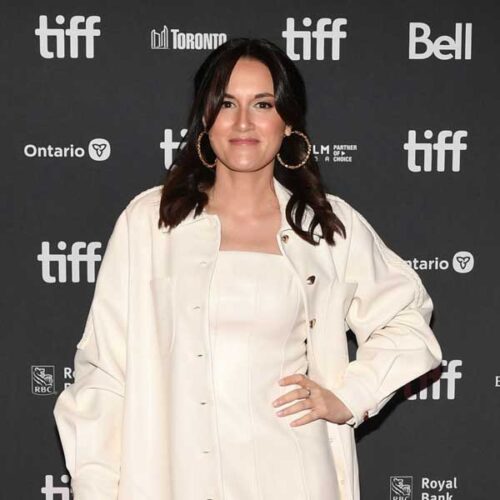
Angela Cudd is an award-winning screen producer with a passion for stories told through an indigenous or fresh lens and a vision for showcasing NZ screen excellence to the world. Coming from a background in fashion and beauty event and business management, Angela began working in the screen industry in the early 2010s. Angela initially worked across a range of fields including narrative film, documentary, reality-challenge TV, OB live events & studio shows before settling in the narrative and documentary space. She went on to produce the sitcoms ‘Sextortion’ and ‘Good Grief’, fluent reo Māori kids show ‘Pōtae Pai’ and co-produced the anthology feature film ‘We Are Still Here’, which interweaves eight stories of indigenous struggle and triumph and premiered at the Toronto International Film Festival in 2022. In 2019, Angela founded Caravan Carpark Films (CCF), a production house focusing on screen and indigenous excellence as well as capacity building of emerging screen innovators. Most recently, under the umbrella of CCF, Angela produced the feature film ‘Uproar’ and the documentary series ‘When Bob Came’. ‘Uproar’ starred Julian Dennison, Minnie Driver and Rhys Darby, premiered at the Toronto International Film Festival in 2023 and was released globally in early 2024 to critical acclaim. ‘When Bob Came’ explored the impact of Bob Marley’s only concert in NZ and was awarded Best Factual Series at the NZ TV Awards 2023.
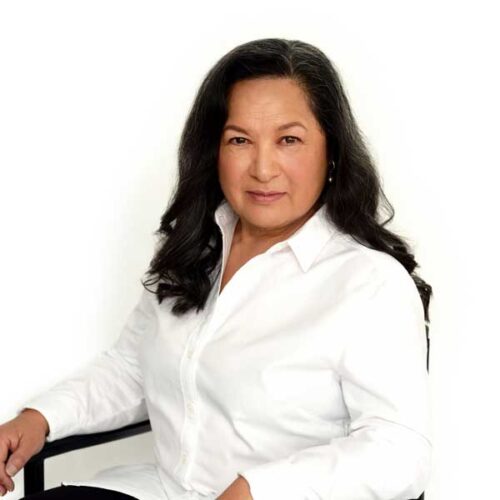
Karin Williams is a descendant of British settlers in Aotearoa New Zealand and ancestors from the South Pacific island of Aitutaki. She began her career as a reporter at the Cook Islands News in Rarotonga, going on to work as a writer, director and producer for broadcast networks in New Zealand and the USA. She founded Multinesia Productions to support global indigenous storytelling and has worked with first nations communities in Canada, Alaska and the Pacific on grassroots community projects. Her independent film projects have screened at festivals around the world. Karin served as a Development Executive at the NZ Film Commission (NZFC) and works with Pasifika storytellers to bring authentic projects to stage and screen. Recent credits include Teine Sā, a Pacific horror/anthology series for Sky NZ Originals, and the Polynesian sketch comedy series, SIS, screening on Comedy Central, Prime and Neon. Karin is a funding assessor for a range of agencies including NZFC, Creative NZ, Script to Screen, Pan Asian Screen Collective (PASC) and Pacific Islanders in Communications (PIC). She is a member of Women in Film and Television (WIFT), Pacific Island Screen Artists (PISA) and serves on the Executive Boards of Script to Screen and SPADA, the Screen Production and Development Association. She is a vocal advocate for diversity and inclusion in the screen industry.
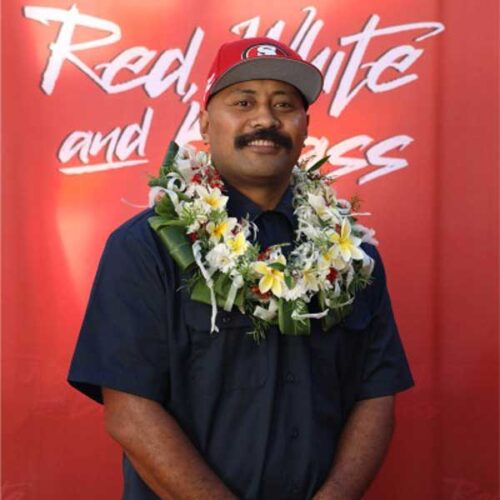
A proud Tongan, born and raised in Aotearoa, New Zealand. Halaifonua Finau, or Nua as he’s more commonly known, is at the forefront of bringing Polynesian stories to our screens. He studied at Whitireia Performing Arts as a dancer but made his name in the industry as an actor and presenter, before shifting his love of performance and storytelling behind the camera. Nua brings storytelling with Tongan swag to the kava bowl of creativity. He is a writer and producer, with a mission to take his little corner of the Pacific to the world. He cut his teeth in children’s television as a producer on Small Blacks TV and honed his skills and vibe in series two of the much-loved Polynesian series Baby Mama’s Club. In 2019, Nua was co-writer and associate producer on Jonah, the tele-feature drama series on Tongan and All Blacks rugby legend, Jonah Lomu. In 2021, Nua teamed up with Four Knights’ maestro, Tom Hern and the pair founded their production company Tavake. Tavake’s first drama series The Panthers, which Nua wrote, created and executive produced alongside Hern, was the first New Zealand TV series to premiere at the prestigious Toronto International Film Festival. 2023 was a landmark year for Nua. He released his first feature film ‘Red, White & Brass, a crowd-pleasing family film (based on Nua’s own life experiences in a family/church brass band) – which he wrote and produced alongside Executive Producers Taika Waititi and Carthew Neal. The film opened at number 1 at the local box office and went on to become the top local film of the year and, in doing so, a certified Polynesian classic. Nua was the 2023 recipient of the Ministry of Foreign Affairs and Trade Pacific Enterprise Award. He currently serves on the Content Advisory Board for the Banff World Media Festival. Finau is represented by Kaplan Perrone Entertainment.
This Script to Screen TALKS is made possible thanks to
New Zealand Film Commission.




